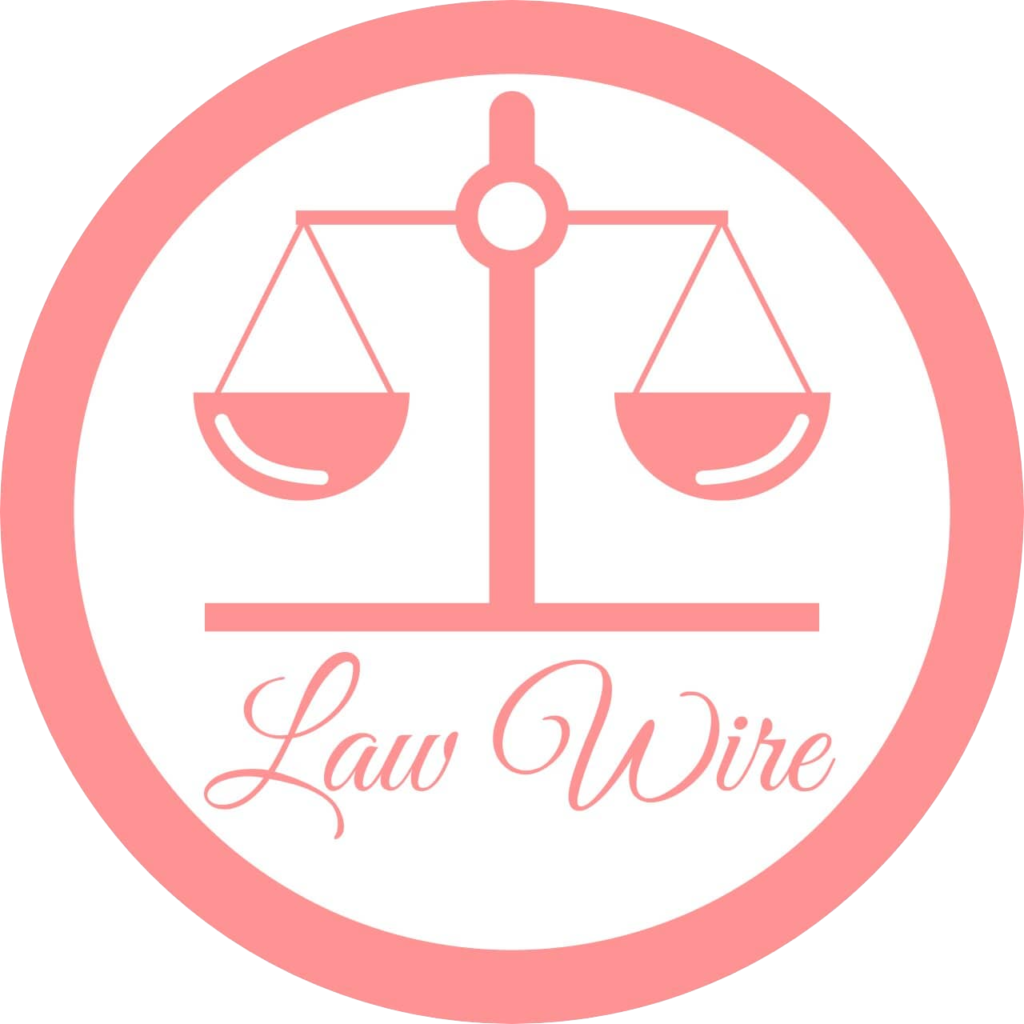Rule 1: Court may grant time and adjourn hearing—
(1) The court may, if sufficient cause is shown, at any stage of the suit grant time to the parties or to any of them, and may from time to time adjourn the hearing of the suit for reasons to be recorded in writing:
Provided that no such adjournment shall be granted more than three times to a party during hearing of the suit.
(2) Costs of adjournment—
In every such case the Court shall fix a day for the further hearing of the suit, and shall make such orders as to costs occasioned by the adjournment or such higher costs as the court deems fit:
Provided that,—
(a) when the hearing of the suit has commenced, it shall be continued from day-to-day until all the witnesses in attendance have been examined, unless the Court finds that, for the exceptional reasons to be recorded by it, the adjournment of the hearing beyond the following day is necessary,
(b) no adjournment shall be granted at the request of a party, except where the circumstances are beyond the control of that party,
(c) the fact that the pleader of a party is engaged in another Court, shall not be a ground for adjournment,
(d) where the illness of a pleader or his inability to conduct the case for any reason, other than his being engaged in another Court, is put forward as a ground for adjournment, the Court shall not grant the adjournment unless it is satisfied that the party applying for adjournment could not have engaged another pleader in time,
(e) where a witness is present in Court but a party or his pleader is not present or the party or his pleader, though present in Court, is not ready to examine or cross-examine the witness, the Court may, if it thinks fit, record the statement of the witness and pass such orders as it thinks fit dispensing with the examination-in-chief or cross-examination of the witness, as the case may be, by the party or his pleader not present or not ready as aforesaid.
Rule 2: Procedure if parties fail to appear on day fixed—
Where, on any day to which the hearing of the suit is adjourned, the parties or any of them fail to appear, the Court may proceed to dispose of the suit in one of the modes directed in that behalf by Order IX or make such other order as it thinks fit.
Explanation —Where the evidence or a substantial portion of the evidence of any party has already been recorded and such party fails to appear on any day to which the hearing of the suit is adjourned, the Court may, in its discretion, proceed with the case as if such party were present.
Rule 3: Court may proceed notwithstanding either party fails to produce evidence, etc—
Where any party to a suit to whom time has been granted fails to produce his evidence, or to cause the attendance of his witnesses, or to perform any other act necessary to the further progress of the suit, for which time has been allowed, the Court may, notwithstanding such default,—
(a) if the parties are present, proceed to decide the suit forthwith; or
(b) if the parties are, or any of them is, absent, proceed under Rule 2.
IMPORTANT CASE LAWS
1. Adjournment because of sickness of pleader
B.P. Moideen Sevamandir v. A.M. Kutty Hassan, (2009) 2 SCC 198 : “When a counsel who is ready in the pre-lunch session, seeks accommodation in the post-lunch session on the ground of a sudden illness or physical ailment, the court cannot refuse a short accommodation and dismiss the appeal on the ground that his client was cantankerous and unreasonable before the Lok Adalat. The two issues have no relation to each other and such dismissal can only be attributed to prejudice.”
2. Ex-Parte proceedings
B. Janakiramaiah Chetty v. A.K. Parthasarthi, (2003) 5 SCC 641 : “The Explanation permits the court in its discretion to proceed with a case where substantial portion of evidence of any party has already been recorded and such party fails to appear on any day to which the hearing of the suit is adjourned. As the provision itself shows, discretionary power given to the court is to be exercised in a given circumstance. For application of the provision, the court has to satisfy itself that: (a) substantial portion of the evidence of any party has been already recorded; (b) such party has failed to appear on any day; and (c) the day is one to which the hearing of the suit is adjourned.….“
CONNECTED SECTIONS
Coming up soon….
